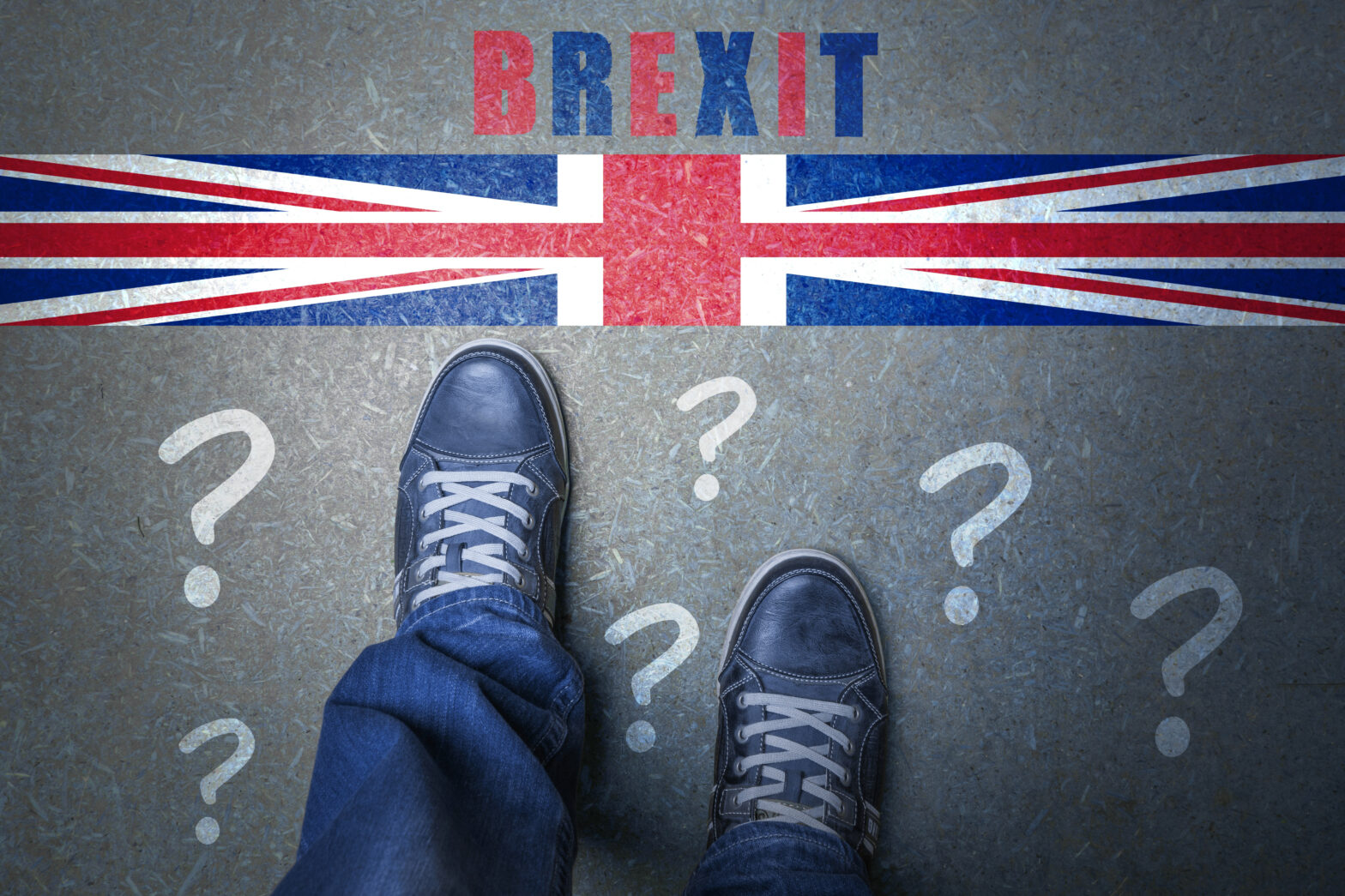The unexpected EU referendum result has ushered in a period of uncertainty for the UK. When will the UK trigger Article 50 to begin its two year countdown to exit? What will the UK’s trading relationship with the EU and rest of the world look like after exit? Will Brexit mean the UK will struggle to hold itself together?
As the oscillating PMI surveys for July and August show, the political and emotional impact of such a momentous decision can manifest itself in fluctuations in business sentiment and economic activity. As the dust settles on the decision to leave the EU, albeit with no clarity as yet on what ‘Brexit’ means, what does this mean for entrepreneurs and their plans to maximise the value of their business creation?
Macroeconomic factors are of course highly relevant in deciding when to sell. A recessionary phase can reduce the volume of buyers, the availability of finance and the price buyers are willing to pay. Conversely, a period of economic growth and easy access to finance can influence prices on the upside.
What does Brexit mean for UK assets?
The decline of the value of the pound sterling since the referendum may encourage international buyers to snap up UK assets at a discount relative to the pre-referendum exchange rate, demonstrated in the recent sale of UK-based ARM Holdings to Japan’s Softbank. Meanwhile, August’s reduction of the Bank of England base rate to the lowest in 322 years and the increase of quantitative easing may increase the availability of cheap cash for financing M&A deals. Some entrepreneurs may consider that these conditions, alongside Brexit-related uncertainty and other global risks, are right for selling up.
Fiscal environment plays a part on timing too, as any impending tax changes can influence whether to sell or buy before those changes come into force, as seen back in April 2008 with the abolition of taper relief on capital gains. Entrepreneurs will take an interest in Chancellor Hammond’s first Autumn Statement this November and his promised ‘reset’ of fiscal policy.
But beyond the economic, political and fiscal, is the company itself ready for sale? For a company to maximise its value and be an attractive target for acquisition its management needs to prepare for exit, through planning succession, focusing on the firm’s business model, organising its data and records in readiness for due diligence and appointing suitable advisers for an effective sale process. If underprepared, the entrepreneur runs the risk of underselling his or her prize asset, regardless of wider economic circumstances. Some sectors, in particular tech, can have a shorter lifespan from start-up to exit and therefore merit early attention to preparing for exit and the scrutiny of a sale process.
An entrepreneur’s individual circumstances will also play a big part in timing. The motivation or need to sell may be based on short-term personal targets, such as a house purchase, or a change in personal circumstances, such as health or family reasons. A sale too soon may mean lost opportunity to grow the business and its corresponding value, prematurely closing off the income that a successful company may otherwise deliver. But so too may an entrepreneur’s emotional bond to his or her business delay an exit beyond a phase of growth or benign economic circumstances when a buyer may be willing to apply a greater multiple in determining price.
An entrepreneur’s sentimental attachment to his or her business also affects the post-sale phase. It is common for a buyer to require sellers involved in the business to remain for a period post-sale to smooth the business’ transition under new ownership, often with an earn-out clause linking some of the sale proceeds to performance of the business over a period of two or three years after sale. This can be challenging for an exited entrepreneur who may experience frustration in operating under new management with reduced influence. Entrepreneurs therefore need to plan their exit, not only in regards to preparing the business for sale, but also in anticipation of their own changed circumstances and the opportunities that may accompany them.
What does Brexit mean for exit plans?
Beyond any transitional phase in their sold business, entrepreneurs should consider in advance what the next phase in their life will be, following what can be a life-changing event. In our M&A practice we come across the full range of entrepreneurs, with some retiring on an exit, others repeating that entrepreneurial success and some turning to business angel investing and mentoring.
Many entrepreneurs plan for exit but discover the timing is not right to maximise value and a better alternative exists, at least for the time being. Corporate borrowing or bringing in new investment in the form of business angels, venture capital or private equity, or even a flotation, could provide much needed growth capital and, in the case of a partial sale of equity, allow an entrepreneur to extract some value from his or her shareholding. Alternatively a non-core part of a company’s business could be divested to bring in funds to invest in its core business focus. Different forms of finance may be considered too, such as asset-based lending or debt or equity crowdfunding, which can provide substantial investment cheaply without some of the perceived restrictions that more traditional forms of investment can entail. Ultimately, taking a course other than an immediate sale may mean greater rewards in the longer term if used to create more value.
Where longer-term planning is involved an entrepreneur might consider their family for their succession in the business. If properly executed, planning to pass on ownership, and potentially management, of a business to future generations can deliver long-term stability and growth to a company and a reliable income stream for the family’s future financial security. Germany’s successful Mittelstand companies are a case in point.
The prospect of Brexit and the current market conditions will mean some entrepreneurs decide to head for the exit door but in many other cases it will not. An entrepreneur’s decision whether or not to exit, and when to do so, will rarely be determined by one factor alone. It is preparation and planning that is the great enabler for a company and its owners to explore an exit at the right value when the circumstances demand or the opportunity arises.
Nick Atkins is senior associate at Stevens & Bolton LLP.





